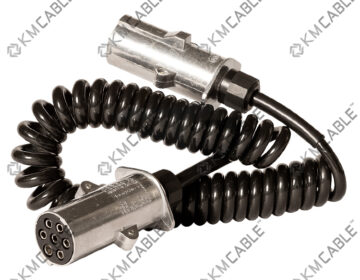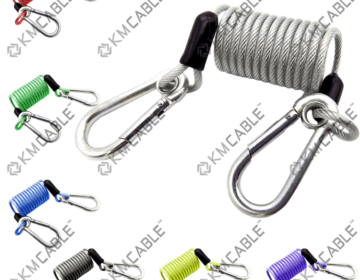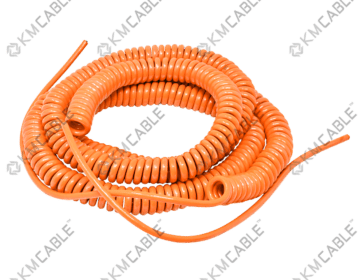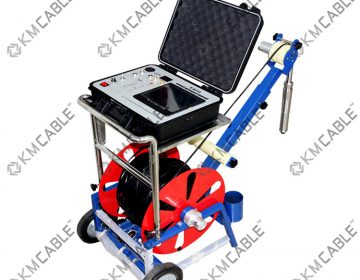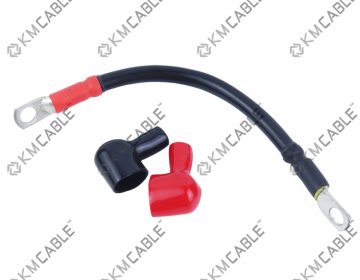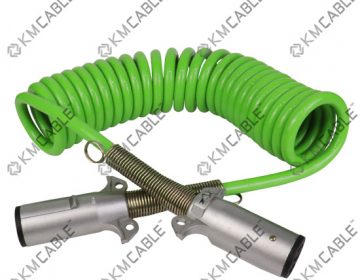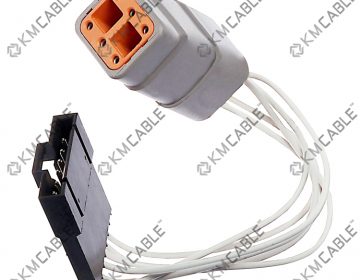
In the realm of industrial settings, where the demands are rigorous and the environments unforgiving, the choice of cabling solutions plays a crucial role in ensuring efficiency, safety, and longevity of operations. Among the myriad options available, rubber cables stand out as stalwart champions in withstanding the challenges posed by harsh conditions. From heavy-duty manufacturing plants to outdoor construction sites, rubber cables have proven themselves indispensable, providing reliable connectivity and resilience where it matters most.
Understanding Rubber Cables
Rubber cables are specially designed to excel in environments where standard cables might falter. What sets them apart is their construction, which typically involves robust rubber insulation and sheathing. This rubber composition imbues the cables with remarkable properties such as flexibility, durability, and resistance to a wide range of environmental factors including moisture, oils, chemicals, abrasions, and extreme temperatures. These attributes make rubber cables highly adaptable to diverse industrial applications, ensuring uninterrupted power transmission even in the most challenging conditions.
Suitability for Challenging Industrial Environments
One of the primary reasons why rubber cables are preferred in harsh environments is their exceptional durability. In industries such as mining, where operations often take place in rugged terrains and under demanding conditions, rubber cables provide reliable power supply without succumbing to damage from constant flexing, impact, or exposure to abrasive materials. Similarly, in manufacturing facilities where machinery operates at high speeds and temperatures, rubber cables offer the necessary resilience to endure the stresses associated with continuous operation, thereby minimizing downtime and maintenance costs.
Moreover, the flexibility of rubber cables enables easy installation even in confined spaces or areas with complex layouts. This flexibility not only simplifies the installation process but also reduces the risk of cable damage during handling or routing, ensuring a longer service life. Additionally, the resistance of rubber cables to oil, chemicals, and other corrosive substances makes them ideal for use in chemical plants, refineries, and other industrial settings where such substances are prevalent, safeguarding both personnel and equipment from potential hazards.
Industries Benefitting from Rubber Cables
The versatility and reliability of rubber cables find applications across a spectrum of industries. For instance, in the construction sector, where projects often take place in outdoor environments exposed to varying weather conditions, rubber cables provide the necessary resilience to withstand moisture, UV radiation, and temperature fluctuations, ensuring uninterrupted power supply to construction equipment and machinery.
Similarly, in the marine industry, where vessels operate in corrosive saltwater environments, rubber cables offer superior protection against moisture ingress and corrosion, making them indispensable for powering onboard systems and equipment. Moreover, industries such as agriculture, transportation, and telecommunications also rely on rubber cables to ensure reliable connectivity and power transmission in diverse operating environments.
In conclusion, the significance of rubber cables in enabling resilience in harsh industrial environments cannot be overstated. Their robust construction, flexibility, and resistance to environmental factors make them indispensable assets across a wide range of industries, ensuring uninterrupted operations and safety amidst challenging conditions. As industries continue to evolve and face new challenges, the role of rubber cables in providing reliable connectivity and power transmission will remain pivotal, contributing to enhanced efficiency, productivity, and safety in industrial settings worldwide.

